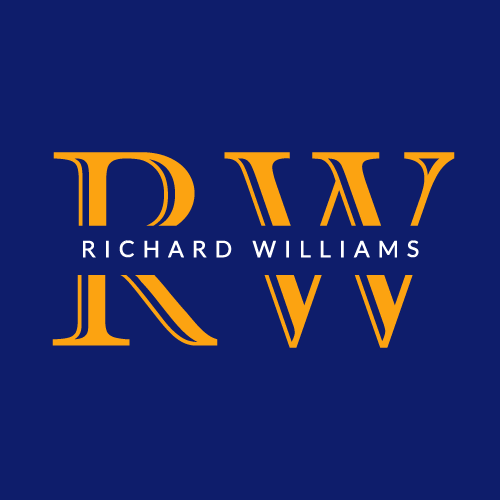The Problems Plaguing Science
Science has been solving one problem only to have another, perhaps worse, thrust upon it. They are beginning to solve the problem of poor incentives leading to non-reproducible or even fraudulent papers at the same time as having Critical Theory thrust upon them which, ultimately, tends to reject science outright.
Hard science like physics, medicine and biology and social science, including economics, psychology and anthropology have brought tremendous improvements for everyone. These include imaging technology that can detect cancer early before it spreads, fusion a safe (no carbon emissions) and efficient power source, discovery that private groups can solve a “commons” problem to prevent overfishing, and a way to reduce crime by focusing resources on a few blocks where most crime occurs.
The problems that have plagued science for decades are poor incentives and favoritism. The incentives problem is one where only positive findings, i.e., a chemical causes cancer, get published. Positive findings bring publicity and funding for universities, journals and media whereas null, i.e. findings that a chemical doesn’t cause cancer, are unexciting. This has led researchers to stretch the rules for good scholarship to report positive findings. What’s almost as bad, because null findings aren’t published, other researchers may be going down the same rabbit holes over and over again.
The solutions are already being put in place by publishing null studies, making data openly available and publishing theories before investigations begin. The Center for Open Science (CoS) in Charlottesville, Virginia is one of the leading organizations solving this problem. Thus, the problems have been correctly identified and targeted solutions are being instituted.
The second problem is favoritism where hires, invitations to prestigious conferences and publications are granted only to those who support established scientists and their theories. Quantum physicist Max Planck thought that “New concepts generally take hold after older scientists with entrenched ideas vanish from the discipline.” This is antithetical to science which should allow for “disruptive scholarship” and novel ideas. A scientist friend of mine told me a story about teaching at Harvard and having the Dean tell her that, in order to get a paper published, she needed to add a man as a co-author. She left Harvard immediately.
Instead of confronting the favoritism issue directly in a targeted fashion, universities, businesses, governments, and other organizations have brought in industrial hydraulic hammers when tack hammers would be more appropriate. In this case, it is Critical Theory with its subcategory- Diversity, Equity and Inclusion (DEI) as the hydraulic hammer.
DEI as it is currently practiced is both expensive, draconian and autocratic. For example, the National Association of Scholars reports that just two Virginia Universities, the University of Virginia (in Charlottesville (where CoS is located) and James Madison University have spent $19 million dollars for the salaries of 213 DEI administrators in 2020 and 2021. Instead of that, they could have funded 189 professors or given out 1,400 scholarships.
At universities, scholars are forced to sign DEI pledges and ensure that every paper, no matter its academic value, promotes DEI objectives. If they fail to sign, their career advancement or even their jobs may be threatened. For compliance, DDEI administrators indoctrinate them through training programs.
If that is not bad enough, Critical Theory goes even further. Critical Theory Social Justice warriors believe that:
“science is considered inherently and irredeemably racist and diversity, equity, and inclusion are used to advocate for increased representation in science of historically oppressed identities, at the expense (implicitly or explicitly) of historically oppressor identities (whites, Europeans, and males).
In fact, Critical Theory rejects science including objectivity, the scientific method, and evidence as these are just repressive practices. For example, Critical Theory suggests that obesity isn’t a health problem, it is systemic oppression. Solving the obesity crisis could benefit from new voices, but not rejecting it as a problem.
Social Justice promoters of Critical Theory and its offshoot, DEI, start with a problem of favoritism in science and end up rejecting science altogether. For them, science is considered just another way of knowing things and should be replaced by lived experiences (i.e., anecdotes). In fact, anecdotes are valuable in science as they can be the source of hypotheses, the beginning of the scientific method.
This goes too far. We need to go back to solving specific problems, like favoritism, with targeted solutions.
